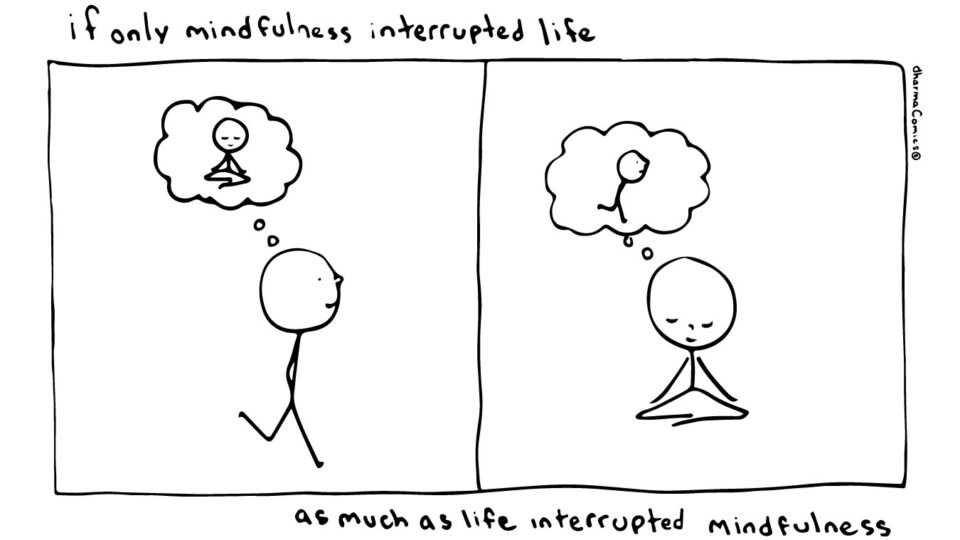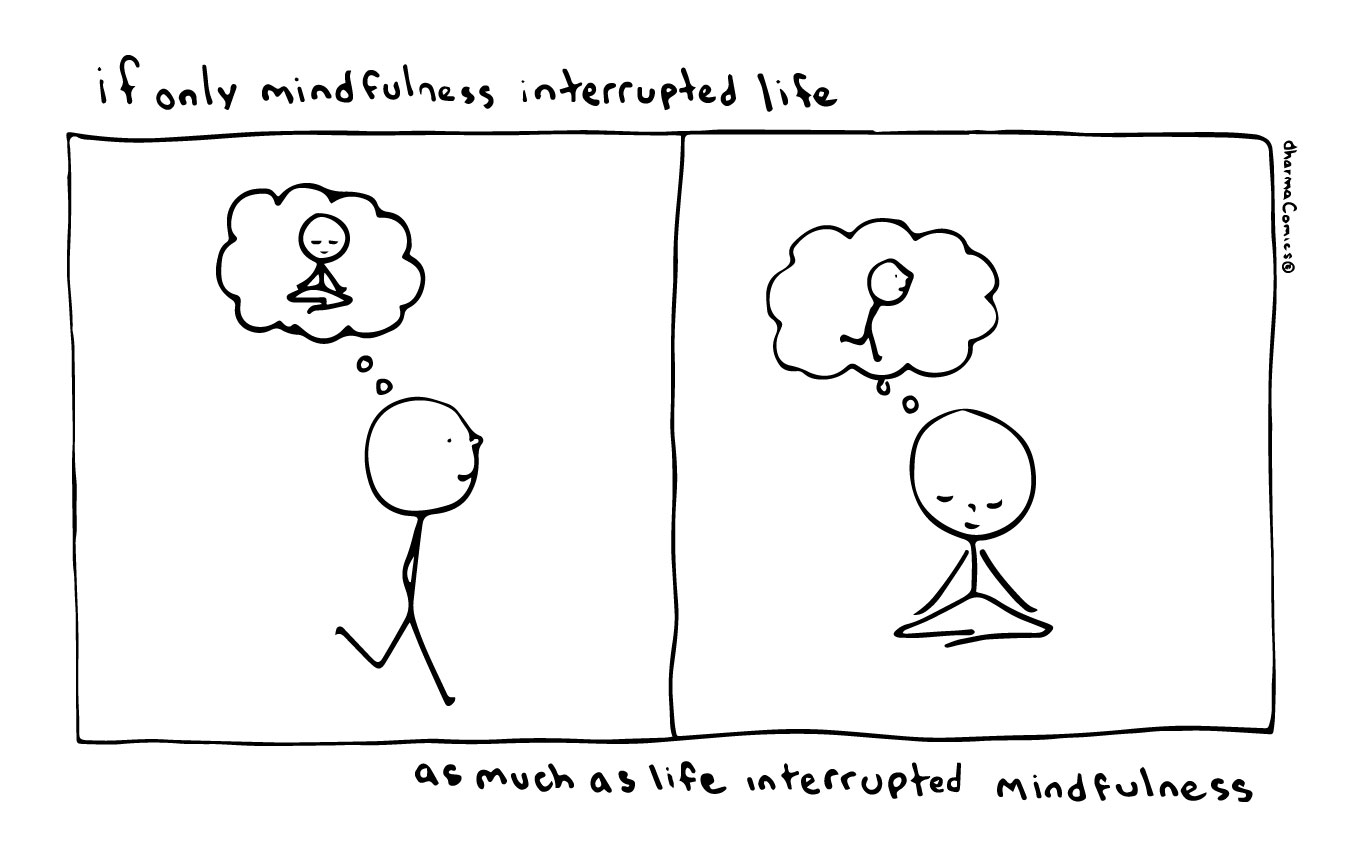
14 Nov2017

share



Even though the academic research on mindfulness meditation isn’t as robust as, say, nutrition or exercise, there is a reason why it’s been around for literally thousands of years. And we’re starting to get a better understanding of why it seems to be beneficial for so many aspects of life, from disease and pain management, to sleep, to control of emotions.
To view the original article from the Huffington Post click here
For starters, let’s define what mindfulness is: A Perspectives on Psychological Science study described it as
“the nonjudgmental awareness of experiences in the present moment.”
There are many many benefits of practicing mindfulness, here are 5 reasons why you might want to consider incorporating mindfulness meditation into your daily life.
1. It lowers stress — literally. Research published just last month in the journal Health Psychology shows that mindfulness is not only associated with feeling less stressed, it’s also linked with decreased levels of the stress hormone cortisol.
2. It lets us get to know our true selves. Mindfulness can help us see beyond those rose-colored glasses when we need to really objectively analyse ourselves. .
3. It works as the brain’s “volume knob”. Ever wondered why mindfulness meditation can make you feel more focused and zen? It’s because it helps the brain to have better control over processing pain and emotions, specifically through the control of cortical alpha rhythms.
4. It makes music sound better. Mindfulness meditation improves our focused engagement in music, helping us to truly enjoy and experience what we’re listening to.
5. It helps you sleep better. We saved the best for last! A University of Utah study found that mindfulness training can not only help us better control our emotions and moods, but it can also help us sleep better at night.
“People who reported higher levels of mindfulness described better control over their emotions and behaviors during the day”.